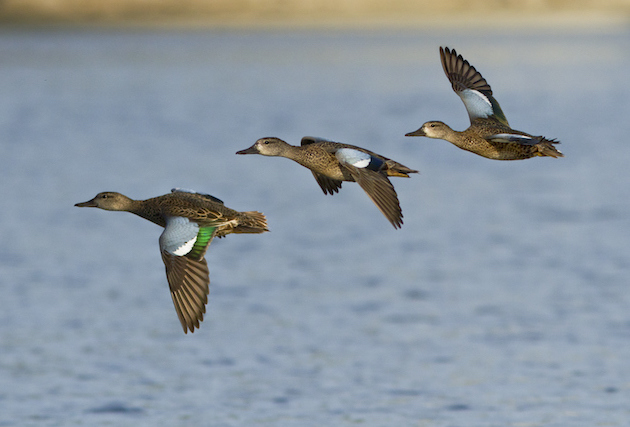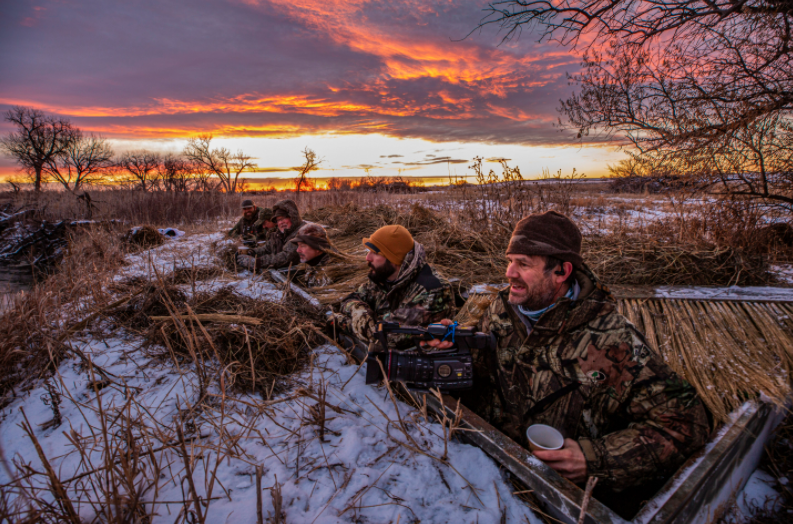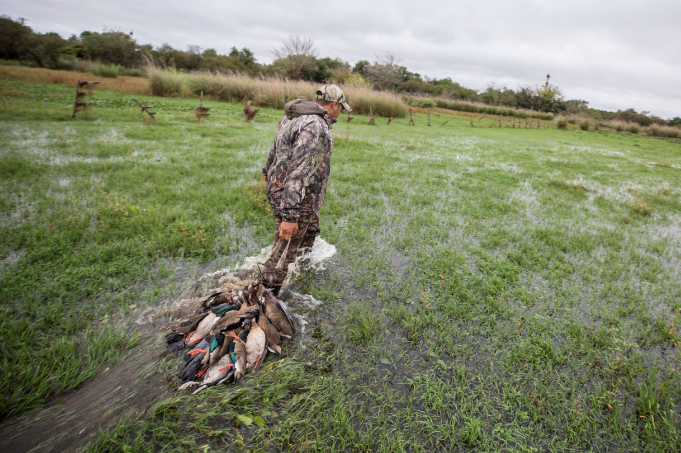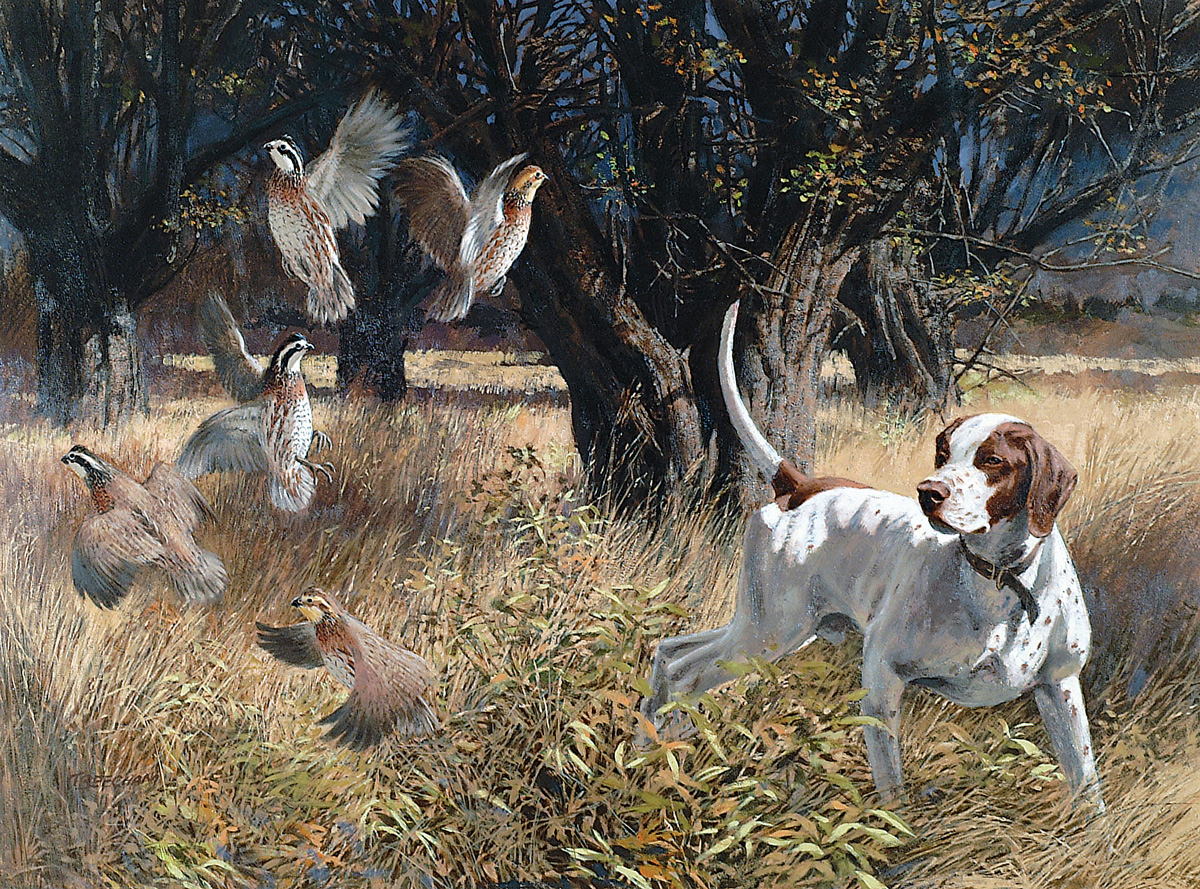I had walked all day and was hungry and tired, but the joy of those few minutes made me as spry as when I stepped out into the field.
The early November sun has just gone down behind a bit of woodland to my right. The shadows of early evening are gathering, so that every winged object begins to startle me as I walk along the country roadway toward the farmhouse where I lodge. As I come up to a bit of wet ground, I think I see a cock pheasant put down over my right shoulder. Calling the puppy I have with me, I bid him charge, and then step from the road into the shrubbery, walking with the last bright spot in the sky quite in front of me to aid me in my sight when the bird flushes, if it flushes at all.
Nothing takes wing, but there is a gamy-looking little shrubbery-lined pool lying a few rods in front of me, and I think I will beat the ground past this and come out upon the roadway to throw my gun over my shoulder and end the day’s field work. I do not know that here upon this quiet little water, secluded from the old country road by the bushes all about, sits “my first teal,” and so I move along.
The bird evidently imagines me a stray cow or pastured horse meandering to the drink as I beat along under cover through the dry vines and twigs, for he does not rise—though he must hear me coming—until I come into sight at the very edge of the water. Then there is a great fuss. No ruffed grouse with its bubwbubwbub flush ever startled a tyro gunner like this little teal startles me as he rises straight up with every feather in a flurry, clears the willow brush, goes over it, and is soon out of sight.
A gun report follows the rushing of the rising bird, but the game has flown too far to afford a fair target in the gray light, and when I pull the second trigger and hear the hammer strike the plunger with no response from the powder of the charge, I feel glad for once that there is a misfire, for as I press the second time something tells me it is too late.
The puppy, still charged in the roadway, whines, and after emptying my barrels I start to join the obedient little dog. As I take the first step or two, the inclination to follow with my eyes the direction of the lost game comes over me, as it comes to all sportsmen, and so with a sigh I linger and look, to see the tiny teal high in the air, winging itself along toward me, as pretty an incomer as man has ever seen.
In an instant I am squatted well down in the midst of a wild-rose bush, eyeing the bird fiercely and making a great, awkward struggle, with a hand all thumbs, in an endeavor to insert cartridges in the already open gun. At the last second they are in, and the gun is snapped shut and on the way to my shoulder as I raise up a little to better steady myself for the shot.
The duck sweeps to the left as I show my head above the brush. The trigger of the right barrel is pressed, but no report responds, for in my haste I have put in the shell that misfired once before.
I still push the gun along away ahead of the bird, pull the rear trigger half angrily, and there is a flash of light and a puff of smoke, and I can just faintly see as I drop beneath the smoke my little teal falling. His tiny head is thrown back, his wings are still, and he comes swiftly down with a buf! in the dry dust in the very center of the roadway, not above a dozen yards away from the little setter puppy.
I hurry out of the swale edge, more eager to retrieve than the young dog who whines and shivers as I come up to him. But I restrain myself and do justly by the little beast, who at the word proudly brings in the dead bird and drops it in my hand. ‘Tis my first teal.
I had walked all day and was hungry and tired, but the joy of those few minutes made me as spry as when I stepped out into the field at early morn, and though I had a full hour’s walk before me, I thought I reached my farmer’s lowly door in less than half that time.
What made the teal come back to the swale he rose from? Was it curiosity? Did he expect his mate to put in there ? Did the dropping shot ahead of him cause him to think he had flown the wrong way? These and many other queries flashed through my mind as I viewed my prize, and they kept me busy with my thoughts until the old farmhouse suddenly came into view.
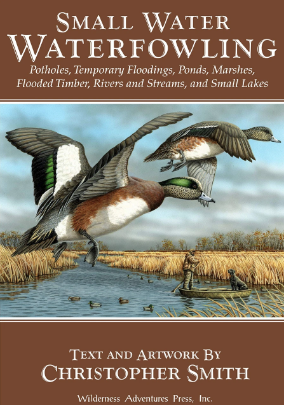 When it comes to actually shooting ducks and geese over water, the action is on the small places – the inland lakes, the ponds and potholes, the floodings and creeks and backwaters. Day in and day out, that’s where the ducks are, and that’s where Chris Smith takes you.
When it comes to actually shooting ducks and geese over water, the action is on the small places – the inland lakes, the ponds and potholes, the floodings and creeks and backwaters. Day in and day out, that’s where the ducks are, and that’s where Chris Smith takes you.
However, each of these places requires a separate technique, alternate decoys spreads and calling concepts, and different gear to use. He tells you how to approach each type of hunting for the weather and conditions. He knows when and when not to call. He describes the skills a good waterfowl dog needs to know for each place, things he’s taught his succession of Labrador retrievers over the years. Buy Now

